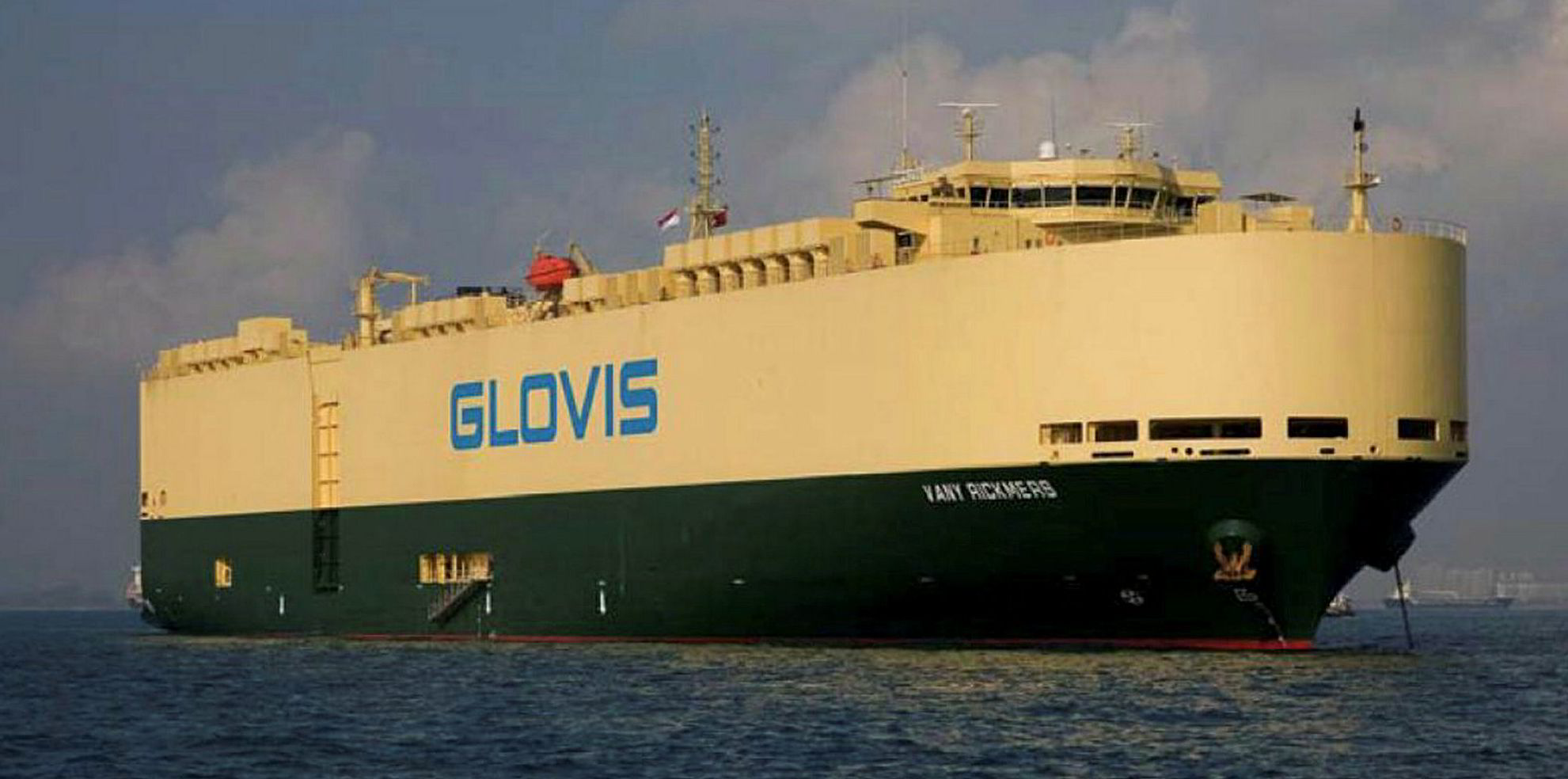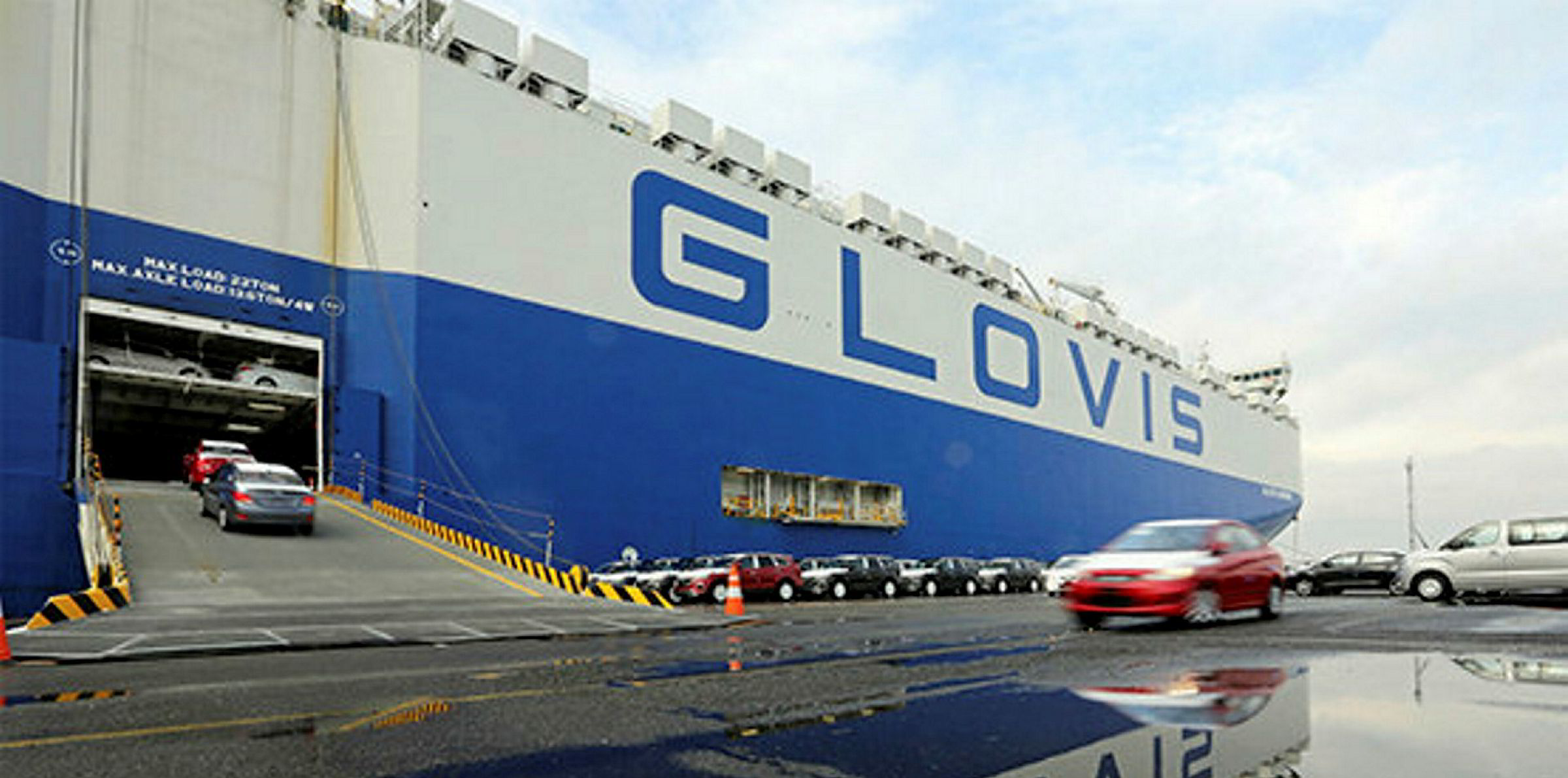Hyundai Glovis is set for a substantially weaker 2020 due to the falling demand from car manufacturers, a leading analyst has forecast.
“We cut 2020 earnings per share by 25% to reflect the falling logistics demand of Hyundai Motor group and other global automakers,” said Nomura transport analyst Angela Hong.
“Glovis’ operating profit has been extremely stable and steady, having recorded double-digit growth even during the global financial crisis.
“This, we believe, has been driven by its captive position within Hyundai Motor Company (HMC) and aggressive customer expansion into non-captive logistics partners.”
However, Hong is now forecasting that operating profit will fall 17% year-on-year, as she estimates that the combined shipments of HMC and Kia will fall 11% this year, leading to margin contraction across the logistics and marine transport business.
South Korea automakers have just reported weak first quarter results on the back of extremely weak overseas sales on account of shrinking demand and plant shutdowns.
HMC’s overseas sales have fallen 70% year-on-year, mainly in light of plants shut through April in the US, Europe and India.
“We expect May overseas sales to gradually recover as a US plant in Alabama commenced production on 4 May while a plant in Chennai, India is scheduled to commence before 17 May,” said Hong.
“We expect investors to increasingly focus on May-June sales and inventory trends, as HMC and Kia’s global plants have resumed production.
“Although Korea automakers’ global plants will likely resume production in May, we think the sector’s overall visibility for sales and inventory remains low.
“We will turn more constructive about the sector if Korean original equipment manufacturer (OEMs) capture opportunities to gain global market share amid competitors’ operational or financial difficulties.”
Hyundai Glovis warned in its recent first quarter results that it was “inevitable” shipping volumes would decrease following the closure of auto plants in the US and Europe due to Covid-19.
At the end of the last quarter, its PCTC fleet stood at 68 vessels comprised of 33 owned vessels and 35 that were on charters of at least one year.






